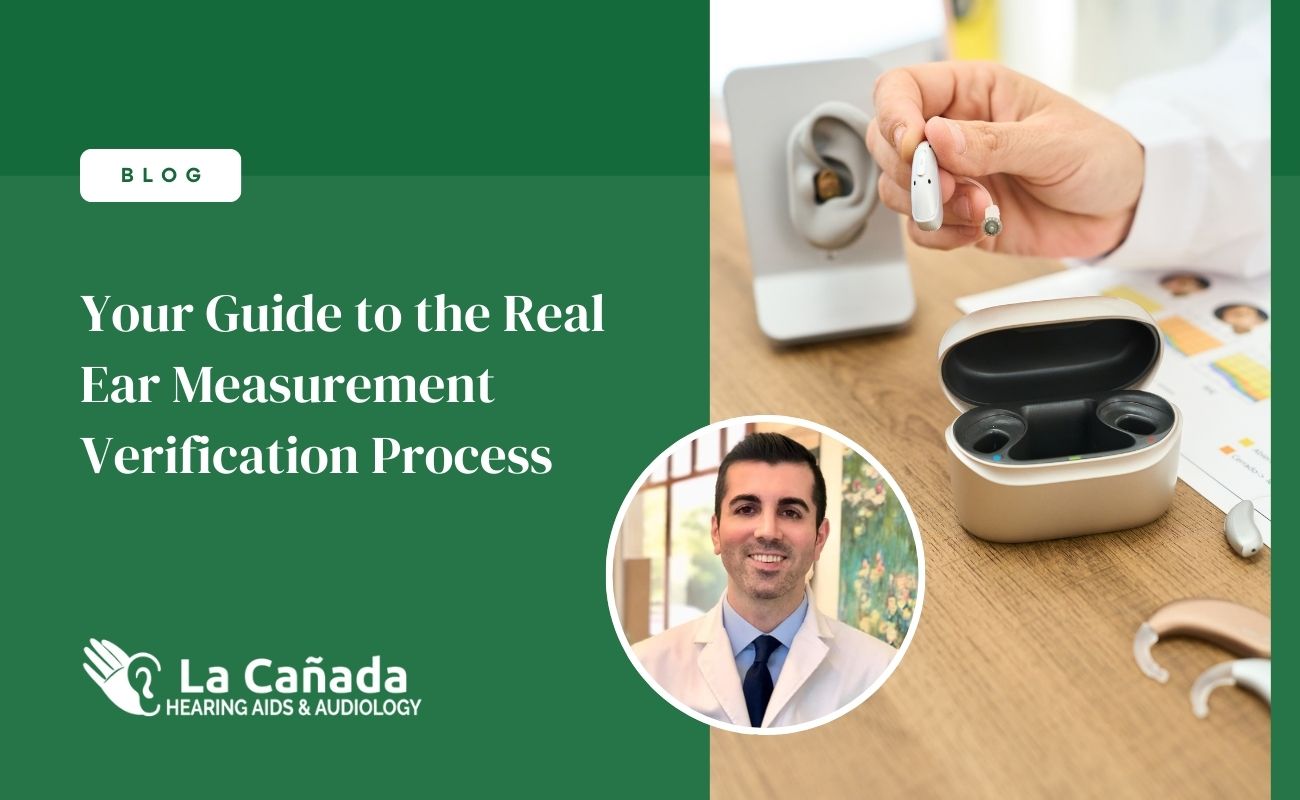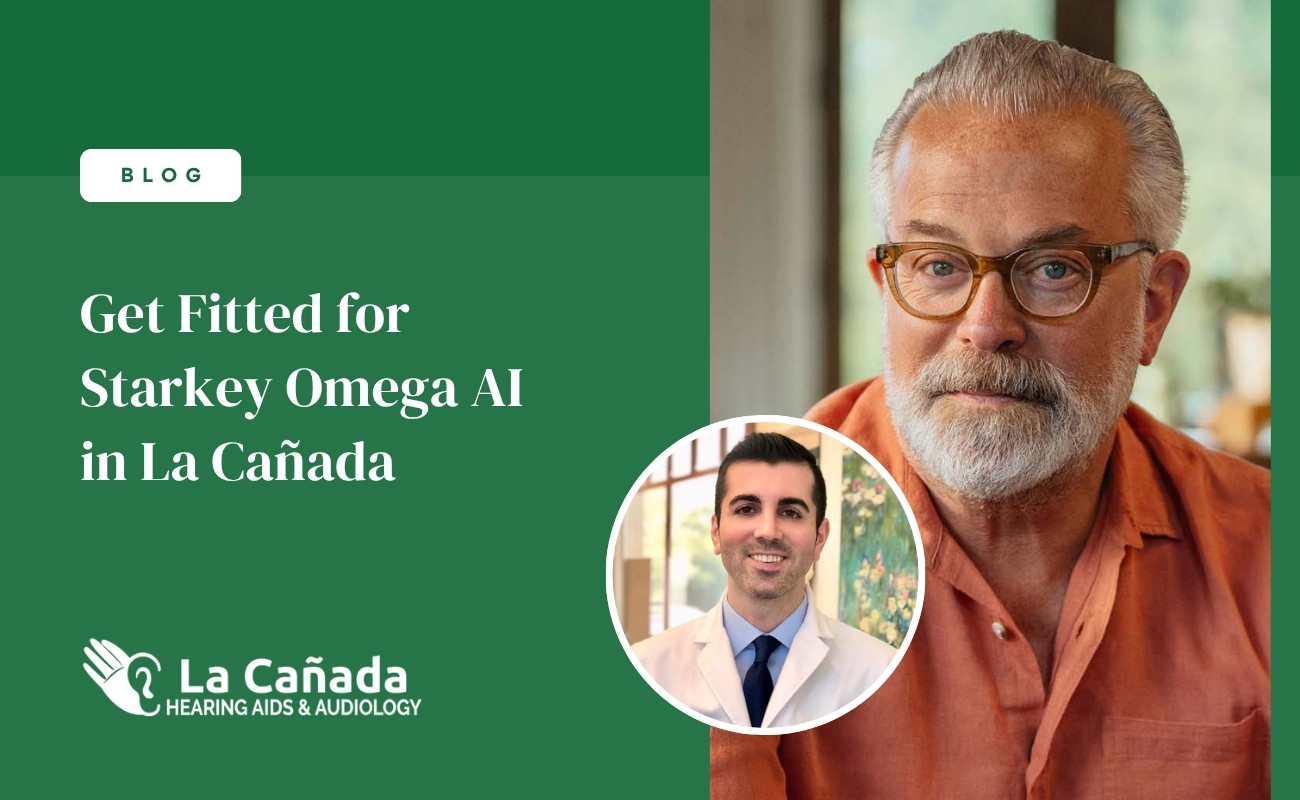Audiologists evaluate, diagnose, treat, and handle hearing loss in adults and children. Audiologists work in a variety of settings, including hospitals, clinics, private practice, ENT offices, colleges, and schools.
What's the difference between an audiologist and a hearing aid specialist?
Aside from audiologists, you might have also heard of these terms:
- hearing aid technician
- hearing aid dispenser
- hearing aid specialist
These names refer to a professional that specializes in fitting hearing aids. While they a respected profession in their own right, and draw parallels with audiologists, they are not the same. Below are some of the main differences between the two:
Training length: Becoming an audiologist usually requires four years of formal and clinical audiology training after a standard 4-year bachelor's degree. In contrast, the minimum qualification for a hearing aid specialist in many states is a high school diploma, passing a certification test, and a short apprenticeship with a licensed hearing aid specialist.
Practice scope: Although both professions work with hearing aids, audiologists possess a far greater foundation of knowledge. Hearing aid professionals are specialized only in hearing tests and the fitting of hearing aids, but audiologists are trained in detailed diagnostic evaluations of the patient's auditory system, from the outer ear to the brain.
Licensed to treat children: Federal law states that only an audiologist is qualified to diagnose and treat children with hearing loss.
Here are some essential services offered by an audiologist:
Hearing tests
At the core of any hearing treatment program is a hearing evaluation. This allows the audiologist to assess the hearing loss form, nature, and degree of hearing loss.
A hearing test involves four main parts:
- A hearing health history
- An ear examination
- Various hearing tests
- An explanation of test results
Hearing aid fittings
A hearing fitting involves far more than the placement of hearing aids into your ear. It takes a specialist to fit you properly for a hearing aid. The hearing aids have to fit in the ears properly, not only for comfort reasons but also for the best possible sound quality.
If hearing aids are prescribed after your hearing tests, an audiologist may work with you to find the best hearing aids for you. The selection process, called a hearing aid fitting, starts with an evaluation of your needs and concludes with follow-up visits after the aids have been programmed to your hearing loss needs. Sometimes, to ensure the best fit possible, an impression of your ear needs to be made.
According to The American Journal of Audiology, those with hearing loss are more likely to be satisfied with hearing aids if they fit them with the help of an audiologist.
Tinnitus treatment
Tinnitus is the experience of hearing sound when no such sound exists. Most people with tinnitus have mild symptoms and can manage them on their own. However, for the remaining 20 percent, tinnitus can disrupt sleep, impair focus, and trigger adverse emotional reactions.
Audiologists do several things to help manage tinnitus, including:
- Performing a hearing health history.
- Identifying the type of tinnitus.
- Identifying potential causes.
- Checking for hearing loss (a common cause of tinnitus).
- recommending appropriate treatments.
There is no cure for tinnitus, but an audiologist will provide you with a variety of treatments to help you manage your condition.
Hearing protective devices and advice
Noise-induced hearing loss is one of the biggest causes of hearing loss, and it is 100% preventable. Although most people only see an audiologist after they experience a hearing issue, those with established risk factors may be looking for ways to minimize their risk. These people include musicians, recreational shooters, and those who work in noisy environments.
Preventative measures taken by an audiologist include custom-fit hearing protection and advice on how to manage exposure to damaging noise.
Help with balance disorders
Our sense of balance comes from the cochlea within our inner ear. Since the cochlea is close to the hearing nerve, if damage occurs in that area, our hearing (as well as our balance) will suffer.
Visiting an audiologist will help you battle both your hearing loss and balance impairment, as both conditions are intrinsically connected.
Other typical treatments an audiologist may perform may include:
- A professional removal of impacted earwax.
- Creating earmolds for hearing aids.
- Recommendations for assistive listening devices.
- Working with physical therapists, occupational therapists, speech therapists, and other healthcare providers to implement integrated hearing or balance impairment care.
- Advice for patients and their families to deal with the psychological and social effects of hearing loss.
Trust an audiologist for your hearing needs
As you can see, an audiologist performs a wide range of services and possesses the necessary expertise to help you reconnect with your loved ones.
If you are worried about your hearing and have never had a medical assessment to determine the cause of the hearing loss, your best option is to see an audiologist. If you are ready to schedule an appointment for a hearing evaluation, please contact us today.

.jpeg)
.webp)





